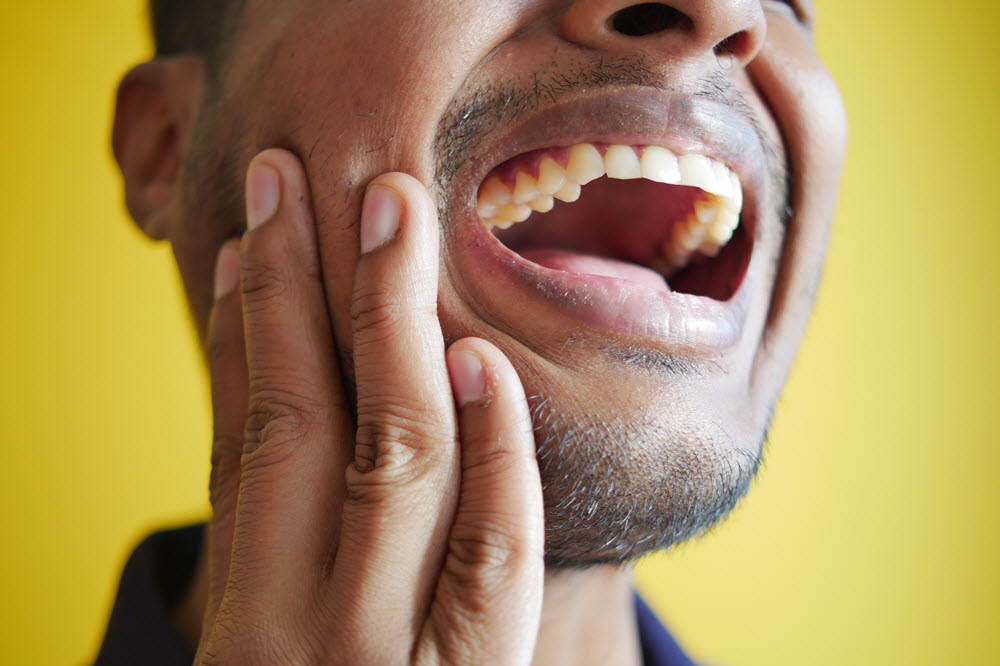
Teeth clenching, also known as bruxism, can be caused by various factors, including stress, anxiety, misaligned teeth, sleep disorders, and lifestyle habits. Here are some common reasons why people clench their teeth and strategies to help stop:
Bruxism Causes & Strategies :
- Stress and Anxiety: Emotional stress and anxiety are among the primary triggers for teeth clenching. Stressful situations, whether related to work, relationships, or personal life, can lead to increased muscle tension, including in the jaw.
- Relaxation Techniques: Practice stress-reducing activities such as deep breathing exercises, meditation, yoga, or progressive muscle relaxation to alleviate tension and promote relaxation.
- Misaligned Teeth or Bite: Malocclusion, where the teeth are misaligned or the bite is uneven, can cause an individual to unconsciously clench their teeth as they attempt to find a comfortable resting position for their jaw.
- Orthodontic Treatment: Consult with your dentist to address misalignment issues through orthodontic treatments such as braces or clear aligners. Correcting the bite alignment can help reduce teeth clenching.
- Sleep Disorders: Bruxism is commonly associated with sleep disorders such as sleep apnea, where pauses in breathing during sleep disrupt normal sleep patterns and lead to teeth grinding or clenching.
- Sleep Hygiene Practices: Maintain good sleep hygiene by establishing a regular sleep schedule, creating a comfortable sleep environment, and avoiding stimulants like caffeine and electronic devices before bedtime. If you suspect a sleep disorder, consult a healthcare professional for evaluation and treatment.
- Habitual Behavior: Some individuals develop the habit of clenching their teeth during periods of concentration, intense focus, or even boredom without being fully aware of it.
- Awareness and Behavior Modification: Pay attention to your teeth clenching habits throughout the day. Whenever you catch yourself clenching, consciously relax your jaw muscles and place the tip of your tongue between your teeth to prevent clenching. Over time, you can retrain your jaw muscles to avoid clenching involuntarily.
- Caffeine and Stimulants: Consumption of caffeine and other stimulants can exacerbate teeth clenching due to their stimulating effects on the nervous system.
- Limit Stimulant Intake: Reduce your consumption of caffeinated beverages and stimulants, especially in the hours leading up to bedtime, to minimize their impact on teeth clenching during sleep.
- Dental Interventions: In severe cases of bruxism, your dentist may recommend dental interventions to alleviate symptoms and protect your teeth from damage.
- Mouthguards or Splints: Your dentist may prescribe a custom-fitted mouthguard or splint to wear at night to prevent teeth grinding and protect your teeth from wear and tear.
If you’re experiencing persistent teeth clenching or suspect underlying dental or medical issues, it’s essential to consult with your dentist or healthcare provider for proper evaluation and personalized treatment recommendations.


